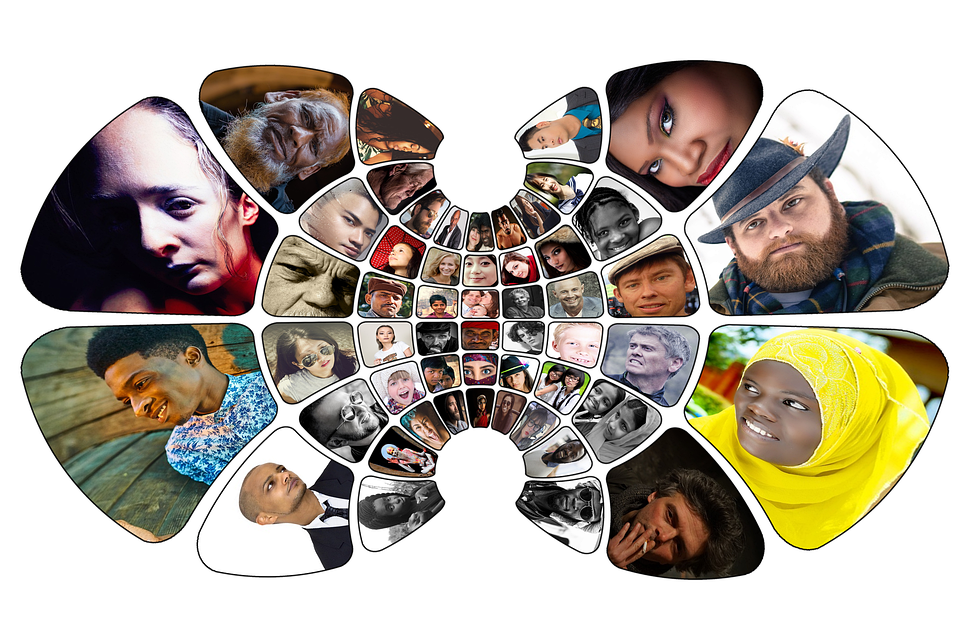Mastodon: The Future of Social Media?
Social media has become an essential part of our daily lives. We use it for multiple reasons, including communication, entertainment, and information sharing. However, over the years, social media platforms like Facebook and Twitter have grown more intrusive, creating issues with privacy concerns, data breaches, and content control. The result is a growing dissatisfaction among users, which has led to the creation of new alternatives, like Mastodon.
Mastodon is an open-source social media platform that is similar to Twitter, but with notable differences. For starters, unlike Twitter, anyone can create their own Mastodon server, which enables users to connect to larger networks without being part of a specific company. This decentralized approach offers users more control over their data, allowing them to pick and choose more specific groups or topics to engage with, ensuring a sense of community.
Moreover, Mastodon offers features that Twitter does not. For instance, Twitter limits the user’s character count in a single tweet, while Mastodon offers a 500 character limit, enabling users to compose more in-depth thoughts and ideas. Additionally, Mastodon offers users the option of publishing photos and other media with their posts without having to link a separate platform like Instagram. This feature has made it extremely convenient for Mastodon users to share and post their content directly within the platform.
Mastodon’s unique user-friendly interface has also earned it praise, making it simple for new users to navigate the platform. Similarly, Mastodon users have the option of customizing their interface to their liking, making the user experience more satisfying.
Mastodon’s decentralization led to the creation of various Mastodon servers, each with its own rules and regulations, making it easy for users to find a server that aligns with their interests and values. This uniqueness of Mastodon enables users to choose servers based on their needs, such as privacy concerns or content restrictions.
While Mastodon is still in its early stages, it has grown in popularity since its creation, receiving praise as a new and unique platform. The platform continues to grow steadily and remains an alternative option to traditional social media platforms like Facebook and Twitter. Mastodon’s decentralized approach and commitment to community-building offer users control and opportunity for customization — features that the traditional social media giants have failed to provide.
FAQs:
Q: Is Mastodon safe to use?
A: Yes, the decentralized approach makes it difficult for data breaches to happen. Moreover, individual server admins hold the data, which makes data breaches even more challenging.
Q: How do I join Mastodon?
A: You can join Mastodon by visiting the website, creating an account, and picking a server that suits your needs.
Q: Can I use Mastodon on my mobile phone?
A: Yes, Mastodon has a mobile application compatible with Android and iPhone.
Q: Is Mastodon free to use?
A: Yes, Mastodon is free to use. However, some servers may ask for donations to help keep the servers running.
Q: Can I report content that breaches Mastodon’s rules?
A: Yes, you can report content that breaches Mastodon’s rules, and the admins of each server can remove the content if necessary.






